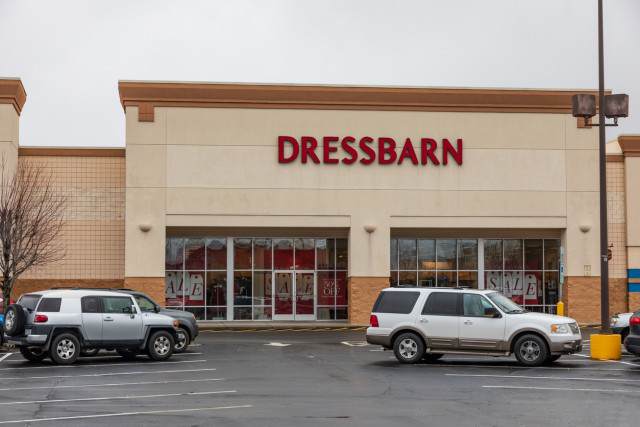Earlier this month, Dressbarn, a women’s clothing retailer, announced that it would be closing all 650 of its stores after almost 60 years. Though the retailer did not list a timeline for its closure, the announcement came as a shock to shoppers who enjoy the company’s products. It did not, however, shock those who understand the modern retail and business marketplace.
Johnson & Wales University retail and marketing professor and online instructor Diane McCrohan recently sat down with WPRI’s Susan Campbell in Providence, Rhode Island, to discuss this latest closure, and what other businesses can learn from it.
“It doesn’t come as a surprise,” she told Campbell. “They really haven’t kept themselves updated. They have not done anything with technology in their stores, and they offer the same thing that everyone else has.”
In other words, McCrohan blames the downfall of Dressbarn on a failure to differentiate. Because the women’s clothing retailer sold a product that everyone else sold, and did not embrace technology the way other retailers have done, it lost a changing customer base. Today’s customers expect to utilize technology as part of their shopping experience. They expect to be able to comparison shop online and integrate online shopping with in-store shopping experiences, and Dressbarn simply did not offer these amenities.
Dressbarn Closure a Sign of Major Shift in Retail
According to McCrohan’s interview, this announcement is a sign of what she calls a “major shift” in the world of retail. In just the first quarter of 2019, retailers in the United States have announced around 7,000 store closures. McCrohan indicates this shift is a course correction in response to the massive expansion that happened in the 1990s. Stores were popping up all over the country, and there simply is no longer enough demand to keep them all open.
McCrohan also pointed to President Trump’s trade war with China as another contributing factor. She warns that the tariff increases could drive up prices as much as 25 percent, which could decimate local retail operations.
Not All Retailers are Suffering
Yet in spite of these dire circumstances and warnings, and a slew of closures, many retailers are thriving in the current market. Dressbarn is closing, but stores like Hobby Lobby and TJ Maxx continue to expand. What has made the difference?
A number of factors contribute to the success of the retailers that are “making it” in these challenging economic times. First, these retailers offer something unique. Hobby Lobby may not be the only hobby and craft store chain out there, but they offer a unique mix of products and well-known coupon discounts to continue to draw people in. TJ Maxx continues to build on expertise at offering current, hot fashion trends at discount prices that people can’t find elsewhere. Target, another retailer that seems to be immune to the challenges in the current market, is meeting the needs of customers by skillfully incorporating technology into the shopping experience, building an online presence that will survive whatever happens in the brick-and-mortar landscape.
So what can a retail business do to survive this shift in the industry? Some ideas include:
- Incorporating technology into the shopping experience
- Focusing on online shopping in addition to in-store options
- Providing unique products that customers cannot purchase elsewhere
- Finding ways to differentiate in a crowded market
The retailers who are succeeding are also learning to adapt to the new market. Where Baby Boomers wanted mass and great pricing, Millennial and Gen Z consumers want locally-sourced, ethically-made, environmentally-friendly products. They are looking for a shopping experience with authenticity and artisan products, and are willing, sometimes, to pay more for it. Finally, they expect a measure of technology in their shopping experiences. Those retailers who can meet this need are going to be the ones that survive the coming shift.
Are you interested in learning more about how today’s retail businesses can find success? Johnson & Wales University offers an online MBA — Global Fashion Merchandising and Management that can help you understand the demands retailers face in a changing market. Complete the “Request Info” form on this page, call 855-JWU-1881 or email [email protected] for more information.
